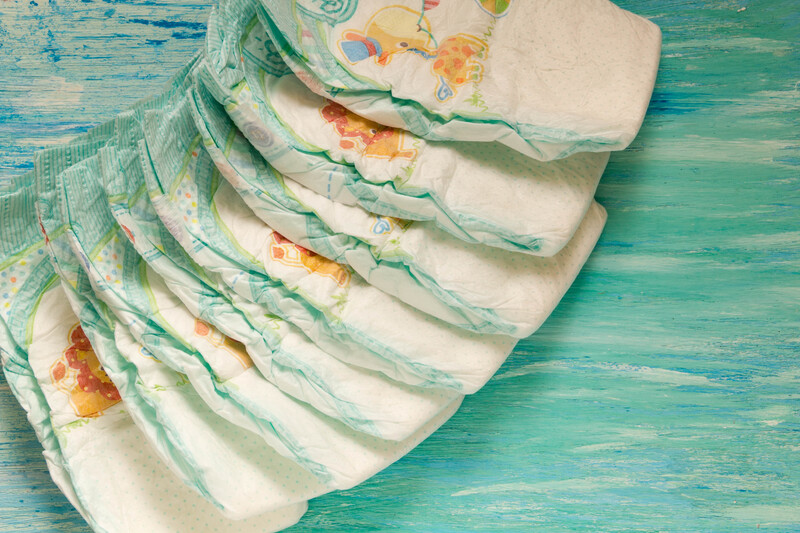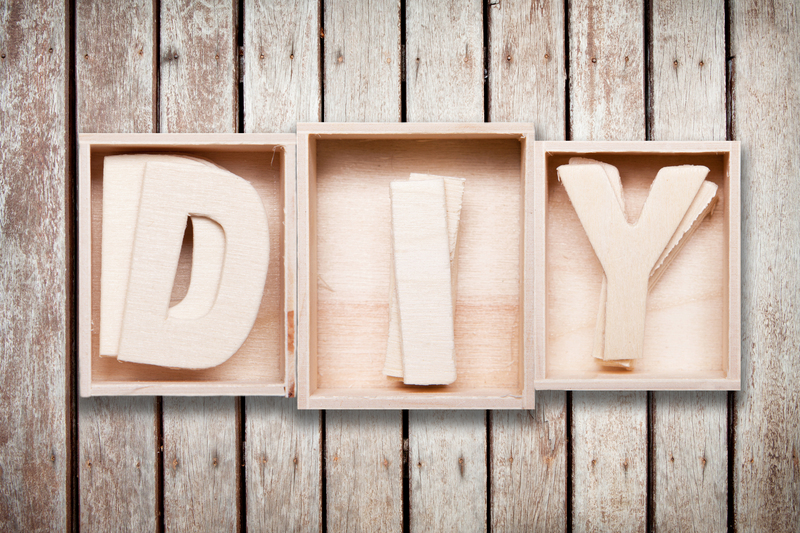Where to Take Unwanted Cookware for Recycling: A Comprehensive Guide
Unwanted pots and pans often pile up in kitchens across the world. Whether you're decluttering, upgrading to a new set, or just trying to be eco-friendly, knowing where to take unwanted cookware for recycling is essential in reducing landfill waste and supporting environmental sustainability. This guide dives deep into cookware recycling, offering eco-smart disposal options, tips for preparation, and answers to the most frequently asked questions.

Why Recycle Old Cookware?
*Recycling unwanted cookware* is more than just an eco-friendly routine--it helps conserve resources, reduce energy use, and minimize landfill contributions. Many types of cookware, from nonstick pans to stainless steel pots, contain valuable materials that can be reused or repurposed.
- Environmental Conservation: Metals like stainless steel, aluminum, and copper are fully recyclable and can be repurposed for new products.
- Reduced Carbon Footprint: Recycling cookware saves the energy that would otherwise be spent on mining and processing raw materials.
- Community Benefit: Donations and some recycling centers aid local causes or charities, giving your cookware a new lease on life.
Types of Cookware Suitable for Recycling
Before you decide on where to recycle unwanted cookware, identify the materials in your pots, pans, and bakeware:
- Stainless Steel - Fully recyclable at most scrap yards and recycling centers.
- Aluminum - Very valuable for recycling; most centers accept aluminum cookware.
- Copper - Sought after at metal recycling facilities. Be aware that some copper cookware is plated or lined.
- Cast Iron - Highly recyclable; often repurposed or refurbished.
- Enamel-Coated Cookware - Recyclability depends on coatings; check with your local center.
- Nonstick Cookware (e.g., Teflon-coated pans) - Many programs do not accept these due to coatings, but specialty centers may help.
- Glass (like Pyrex) - Treated glass usually can't be recycled curbside but can sometimes be donated or repurposed.
How to Prepare Unwanted Cookware for Recycling
Preparation is key to a successful recycling process. Here's how to get your pots, pans, and bakeware ready:
- Thoroughly wash and dry all cookware to remove food residues and grease.
- Detach non-metal parts like plastic handles or silicone grips, if possible, to comply with recycling requirements.
- Check with your local recycler if your cookware has special coatings (e.g., Teflon, enamel).
- Bundle similar materials (e.g., all-aluminum pans together) for easier processing.
Where to Take Unwanted Cookware for Recycling
There are multiple avenues to responsibly dispose of your old or unwanted cookware for recycling:
1. Curbside Recycling Programs
- Some municipalities accept metal cookware in household recycling bins or at drop-off events.
- *Check your local recycling guidelines*: Many only accept certain metals or require cookware to be free of plastic parts and coatings.
2. Scrap Metal Yards
- Most scrap metal recyclers accept stainless steel, aluminum, and copper cookware, regardless of condition.
- These facilities process metals for reuse in industrial and manufacturing settings.
- Tip: Clean off any plastic or rubber parts first, as these are usually not accepted.
3. Specialty Recycling Centers
- Some cities and regions have specialized recycling depots or hazardous waste centers for items with nonstick or enamel coatings.
- Use local recycling directories (e.g., Earth911.com or RecycleNation) to search "cookware recycling near me".
4. Retail Take-Back Programs
- Brands like Williams-Sonoma and Calphalon sometimes offer take-back or trade-in programs for old cookware when buying new.
- Larger retailers (including Target and Bed Bath & Beyond) occasionally partner with recycling organizations for collection events--check store news or websites for updates.
5. Donation Centers and Charities
- Still-useful pots and pans can be donated to local thrift stores, homeless shelters, or charities (e.g., Goodwill, Salvation Army, Habitat for Humanity).
- Always confirm acceptance policies and that your donation is in usable condition.
6. Local Recycling Events and Community Drives
- Many cities host periodic fix-it fairs, recycling days, or community cleanouts that take hard-to-recycle items, including cookware.
- Check your municipality's website for seasonal events where you can drop off old kitchenware.
7. Manufacturer Take-Back Programs
- A few cookware manufacturers now offer mail-back recycling for their products.
- Contact the brand directly or visit their website for eco-friendly return options.
Alternatives to Recycling: Upcycling and Repurposing Old Cookware
If recycling isn't available, consider creative upcycling projects for your kitchenware:
- Convert old pots into flowerpots or planters.
- Use cast iron pans as rustic serving trays or wall decor.
- Transform large cookware into storage containers for your garage or shed.
- Make clocks or art installations from skillets.
If you're crafty, Pinterest and DIY blogs have countless ideas for repurposing both metal and glass cookware!
Frequently Asked Questions About Recycling Cookware
Can nonstick pans be recycled?
Most curbside programs do not accept nonstick pans due to their chemical coatings. However, scrap metal yards might take them if you remove the coating, or specialty recycling centers may have specific disposal solutions.
Are glass baking dishes (like Pyrex) recyclable?
Standard curbside recycling doesn't accept tempered glass like Pyrex. If not donating, check with specialty recyclers or local donation centers. Otherwise, try to upcycle them at home.
Can I recycle cookware with plastic handles?
Yes, but remove plastic handles or knobs where possible, as most metal recyclers require clean metal without extra attachments.
What about electric appliances like waffle irons or slow cookers?
These count as small appliances, not cookware, but most e-waste recyclers accept them. Check your city's electronics recycling locations.
Tips for Finding a Cookware Recycling Center Near You
Use these tools and strategies to find recycling options for unwanted cookware in your area:
- Refer to your city or county waste management website for local recycling policies.
- Use Earth911.com's Recycling Locator or the RecycleNation database for nearby facilities.
- Call local scrap metal yards or recycling centers to ask about cookware drop-off.
- Visit manufacturer or retailer websites for trade-in or recycling programs.
- Stay updated on local community events or seasonal recycling drives.

Important Things to Remember When Recycling Old Cookware
- Not every type of cookware is accepted by all recycling facilities--always verify before dropping off.
- Wash and prepare your cookware for recycling: remove non-metal parts as required.
- Donation is a great option, but only donate items that are safe and in usable condition.
- Some coated, heavily damaged, or specialty items may require additional research.
Conclusion: Eco-Friendly Solutions for Decluttering Your Kitchen
With a little effort and planning, recycling unwanted cookware is both practical and environmentally responsible. Whether you drop off your old pots and pans at a local recycling center, send them to a scrap metal yard, participate in a retailer trade-in event, or upcycle them at home, every action contributes to a less wasteful future.
Whenever you're in doubt, contact your local authority or recycling experts for guidance. By making smart, sustainable choices with your unwanted kitchenware, you help preserve Earth's resources--and that's a recipe everyone can enjoy!